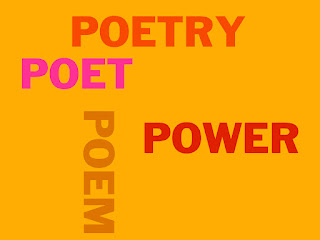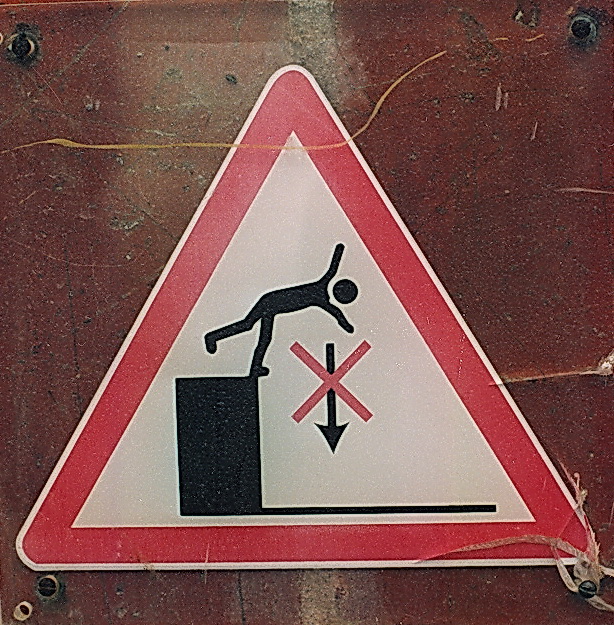What is a poem?
I have written many answers to that question. Here is one of my favorite answers that I shared, along with other remarks about poetry, at Kevin Cordi's Poetry Box Celebration and Reception back in April, and also in a previous post, Essential Poetry Collections.
Poetry is....
A moment frozen
in time and words
that I remember
and you recognize
as truth
and reality
a tiny slice
of everyone
and all life
Poetry is...
everywhere
waiting
for us to notice
a word in the air
a phrase turned
just right
Poetry is...
the wiggle
the shimmer
an iridescent light
shining
on what was
always there.
In my classroom, I regularly offered possible explanations and models of poetry. Together, we wrestled with definitions and parameters as we read and wrote pieces of writing that we called poems.
I am always asking myself: Does this event, this experience, this feeling want to be a poem?
What is poetry?
I am ever finding new responses to this question.
I recently discovered a delightful answer in a picture book.
In This is a Poem that Heals Fish
What is a poem?

Arthur searches the house, asks a number of people, including shop owners and neighbors, his grandparents, and even his canary.
The answers vary greatly, delight us trremendously , and in the end form a poem which defines poetry.
Arthur finds, in part, that a poem is:
...when you have the sky in your mouth.
It is hot like fresh bread,
when you eat it,
a little is always left over...
This book is perfect for introducing.... or continuing ... or deepening the discussion of poetry.
When I was younger and struggling to define my own poetry personality, I discovered with relief and pleasure, the poetry of e.e. cummings. His work opened the doors and released me from the prison of "school poetry" with its rhyme and measured meter, with its one acceptable explanation, and structured, square shape.
I was freed to experiment, explore and create my own style, to stamp my personal poetic imprint.
Matthew Burgess has created a new biography that offers that same discovery and transformative experience to younger readers.
In Enormous Smallness: A Story of E. E. Cummings

We watch as he watches the birds and speaks his first poem at three-- His mother began to write his poems down in a book she kept.
We witness both his ever growing imagination and fascination with words.
We travel with him through many life experiences that all lead to his poems being "alive with experimentation and surprise!
Woven throughout the narrative are Cummings's poems, creating a text in which we learn his story, as we taste his words and creativity.
This book, too, will spark much discussion about the nature of poetry.
It will also answer questions we have not yet introduced: Who are poets? What do they do?
And finally, as I continue to seek to define poetry, my newest favorite blog, The Poetry Question, offers a thought-provoking answer.
You absolutely must read the entire post-- for its beauty, for its answer to our question-- and to see why Lewis Mundt wrote the following words in The Power of Poetry #18: The Vineyard Owner:
...anything can be a poem, and that I think it’s that universality, almost a yes we can make this moment something else can’t we? that’s the true power of poetry and the reason it’s been a celebrated art form for thousands of years. We don’t love cave paintings because they’re breathtakingly artistic; we love them because we’re drawn to these windows into someone else’s record of the world...What is poetry?
Related Blog Posts
Poetry in the Time of Pain
Today's Deeper Writing Possibilities
What is poetry? What is a poem?
Who are poets? What do they do?
Poems about poetry are called ars poetica.
Write several poems about poetry ( ars poetica) that offer answers to these questions





